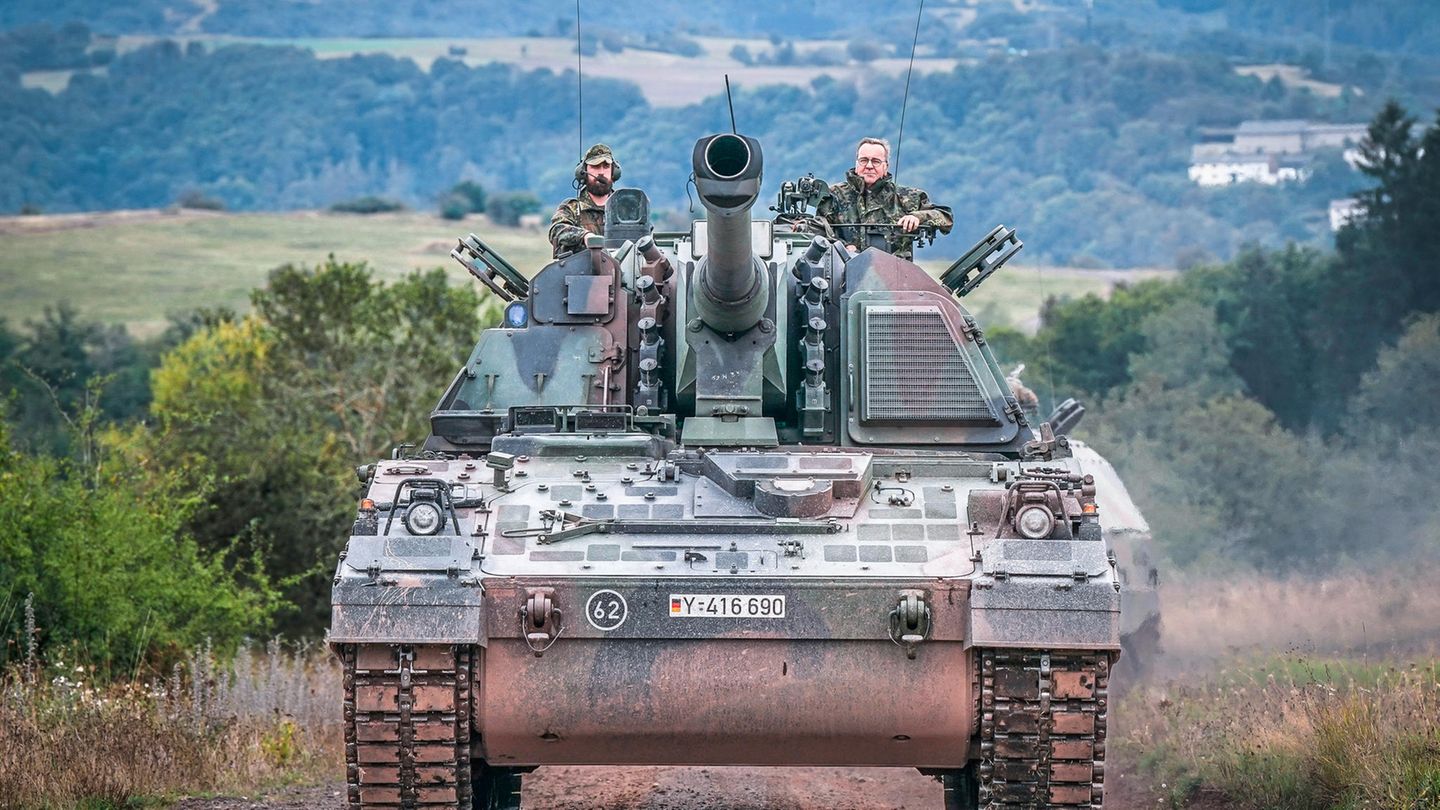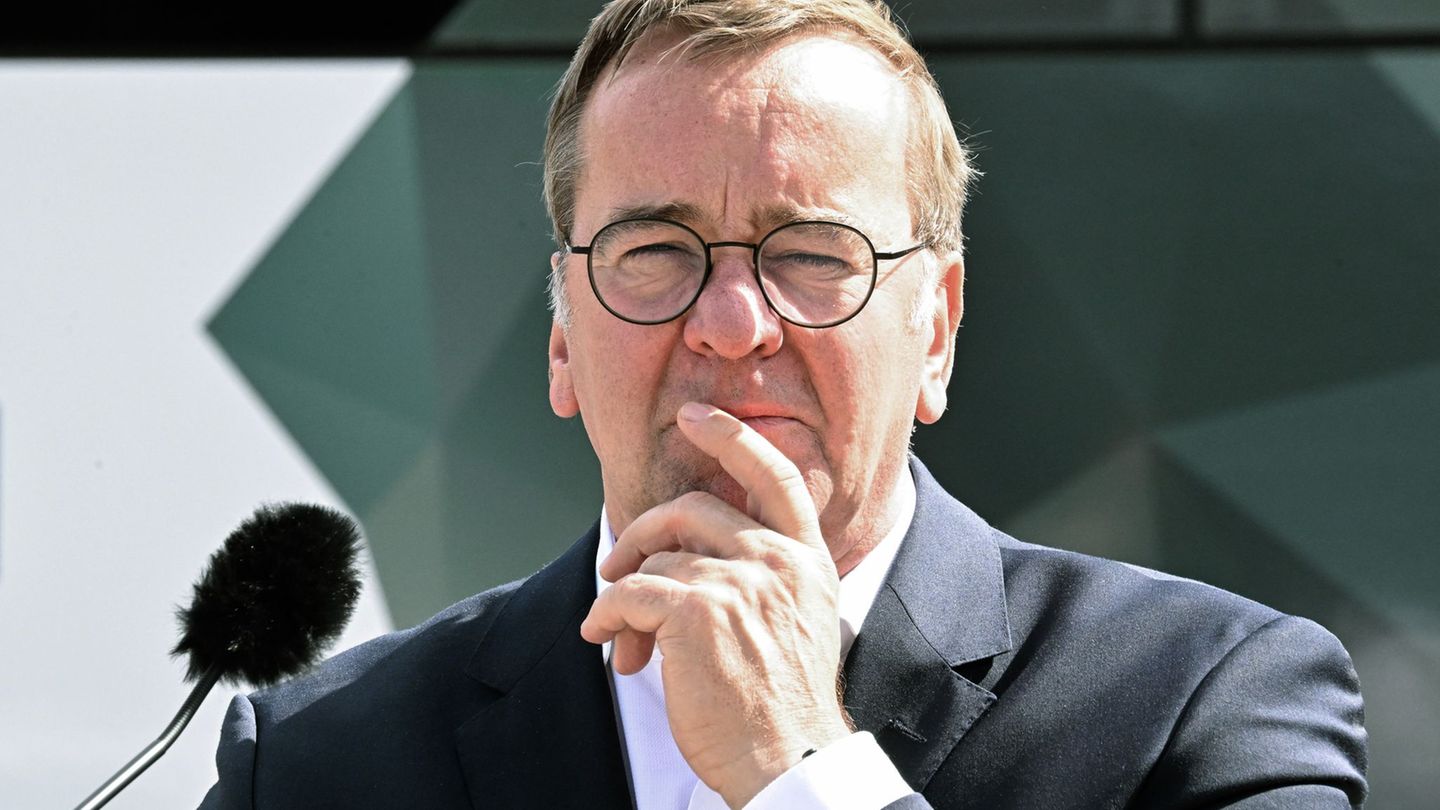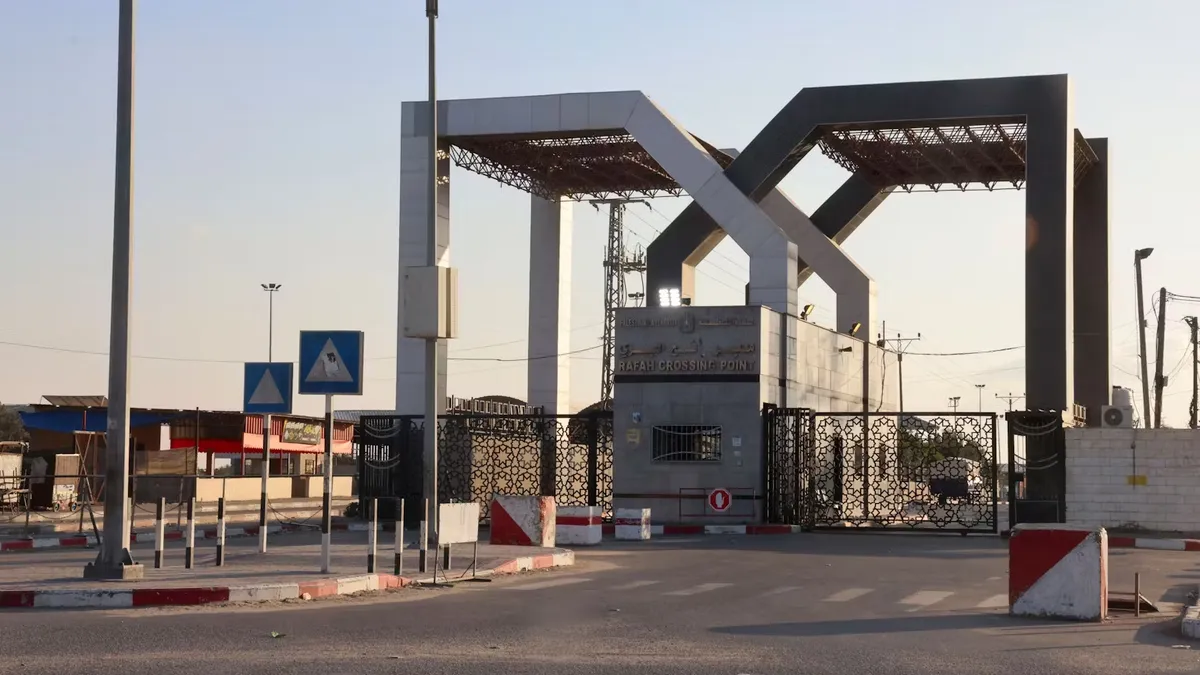“The Situation – International”
Security expert Mölling: “Checkbook diplomacy no longer works”
Copy the current link
European peacekeepers in Ukraine? Some governments have long been making plans. After the federal election, Germany must follow suit, says Christian Mölling.
To secure a ceasefire in Ukraine, a robust contingent of troops would be necessary: ”More like six figures than five figures,” according to Christian Mölling, director of the Bertelsmann Foundation’s “Future of Europe” program. The security expert believes that Germany’s participation with its own troops is essential. “If the strategic willingness to do this is not expressed jointly by all Europeans, then that will immediately cause a rift. And Moscow will know how to use it,” says Mölling in the new episode of star– s “The Situation – International”.
According to recent reports in the Financial Times, several European NATO states – including France, Great Britain and the Netherlands – are already preparing plans to send their own soldiers in the event of a ceasefire. According to Mölling’s assessment, Germany’s departure on this issue would sow doubts about Germany’s geopolitical position. Because it would mean “that we avoid the risks that this naturally entails for the life and limb of German soldiers. And that others have to bear more risk. That is a lack of solidarity.” Union Chancellor candidate Friedrich Merz, who has just presented his foreign policy program in a keynote speech, should, if he becomes Chancellor, “not fall back into the historical pattern of German foreign policy based on checkbook diplomacy.”
NATO troops in Ukraine? Spectrum of risks
The concrete implementation of sending European NATO troops to Ukraine to secure a ceasefire requires a revision of the current NATO operational planning, said Mölling, in order to ensure their deterrence capability even if larger parts of the NATO units are stationed on Ukrainian soil. A scenario is conceivable in which only a small part of the European troops are permanently present in a demilitarized zone in Ukraine and the rest remain on neighboring NATO territory in order to be quickly sent to Ukraine if necessary. But it is also conceivable to permanently station significantly more European NATO soldiers in Ukraine.
In Mölling’s view, Europe must be aware of the entire spectrum of risks that such an operation would entail. A large concentration of troops would not only be the first target in the event of a renewed escalation. The military and political leadership must also be prepared for targeted disinformation campaigns by Russia, similar to what happened at the beginning of the stationing of Bundeswehr soldiers in Lithuania. At that time, false reports about alleged rapes involving the German soldiers were circulating on local social media.
Source: Stern
I have been working in the news industry for over 6 years, first as a reporter and now as an editor. I have covered politics extensively, and my work has appeared in major newspapers and online news outlets around the world. In addition to my writing, I also contribute regularly to 24 Hours World.




